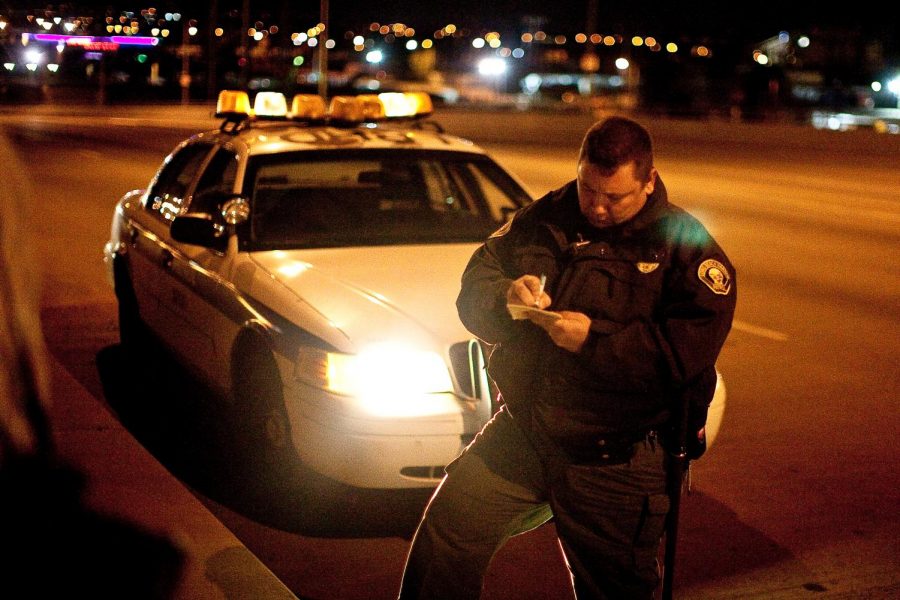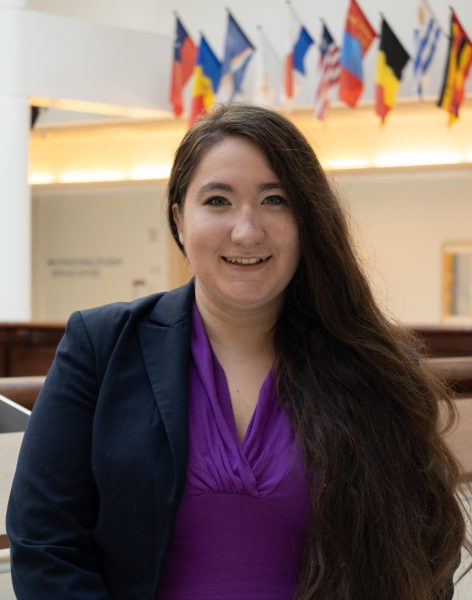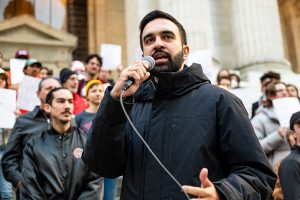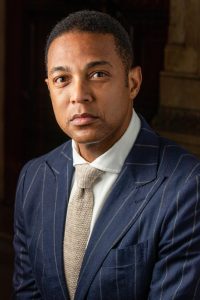Police stops for minor infractions fail to ‘protect and serve’
October 16, 2021
The devastation caused by police stops for minor infractions outweighs any potential crime mitigating benefits.
There are calls from within the legal community to end the growing practice. Recently, Minnesota attorney John Choi said that he would no longer prosecute minor police traffic stops due to past fatal encounters.
Choi filed manslaughter charges in 2016 against a police officer who shot and killed Black motorist Philando Castile during a stop for a broken tail light.
“I’m not going to do this any more. I am not going to perpetuate these unjust practices that disproportionately impact my community,” Choi said, as reported by The Daily BeastDaily Beast.
The racial disparity between Black and white police interactions creates a greater need to end police stops for minor infractions. When police stops for Black drivers were compared with police stops for white drivers, it showed that Black drivers were about 20% more likely to be stopped, a New York University study found.
Furthermore, the study found that “once stopped, black drivers were searched about 1.5 to 2 times as often as white drivers, while they were less likely to be carrying drugs, guns, or other illegal contraband compared to their white peers.”
Black Americans are also excessively affected by police violence.
“Black Americans are shot at a disproportionate rate. They account for less than 13 percent of the U.S. population, but are killed by police at more than twice the rate of White Americans,” The Washington Post reported.
Addressing the dangerous and racist effects of police stops for minor infractions is one step toward addressing their widespread effect throughout the police system.
In addition to the direct impact on individuals stopped by police, there is a larger effect on the communities that fall victim to over-policing.
New research conducted by Alyasah Sewell, a professor at Emory University, found over-policed neighborhoods experienced poorer health outcomes, such as psychological distress, diabetes and high blood pressure.
“The association remained even after adjusting for a neighborhood’s average number of reported robbery complaints, poverty levels, residential segregation, and ethnic/racial composition, as well as individual respondents’ age, marital status, race, and insurance status,” The Boston Globe reported.
The known harm inflicted by police stops for minor infractions makes it essential to end the practice. This is especially true when the stops provide negligible public safety benefits.
“Out of 297,000 frisks conducted in New York in 2012, for example, only 2 percent resulted in the discovery of a weapon,” the University of Pennsylvania found.
Police stops for minor infractions are both ineffective and harmful to society at large. To truly protect and serve their communities, police must put an end to this practice.








